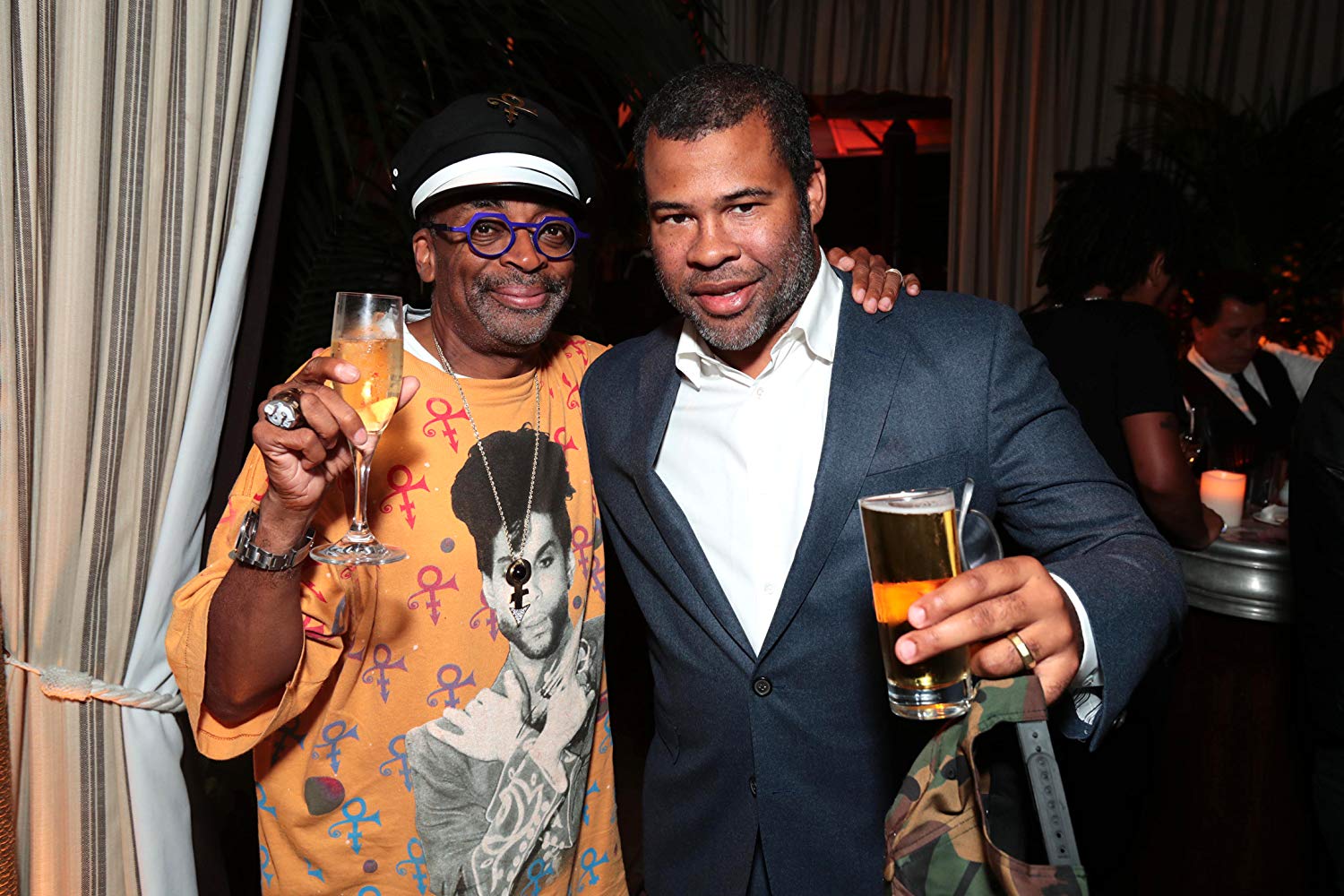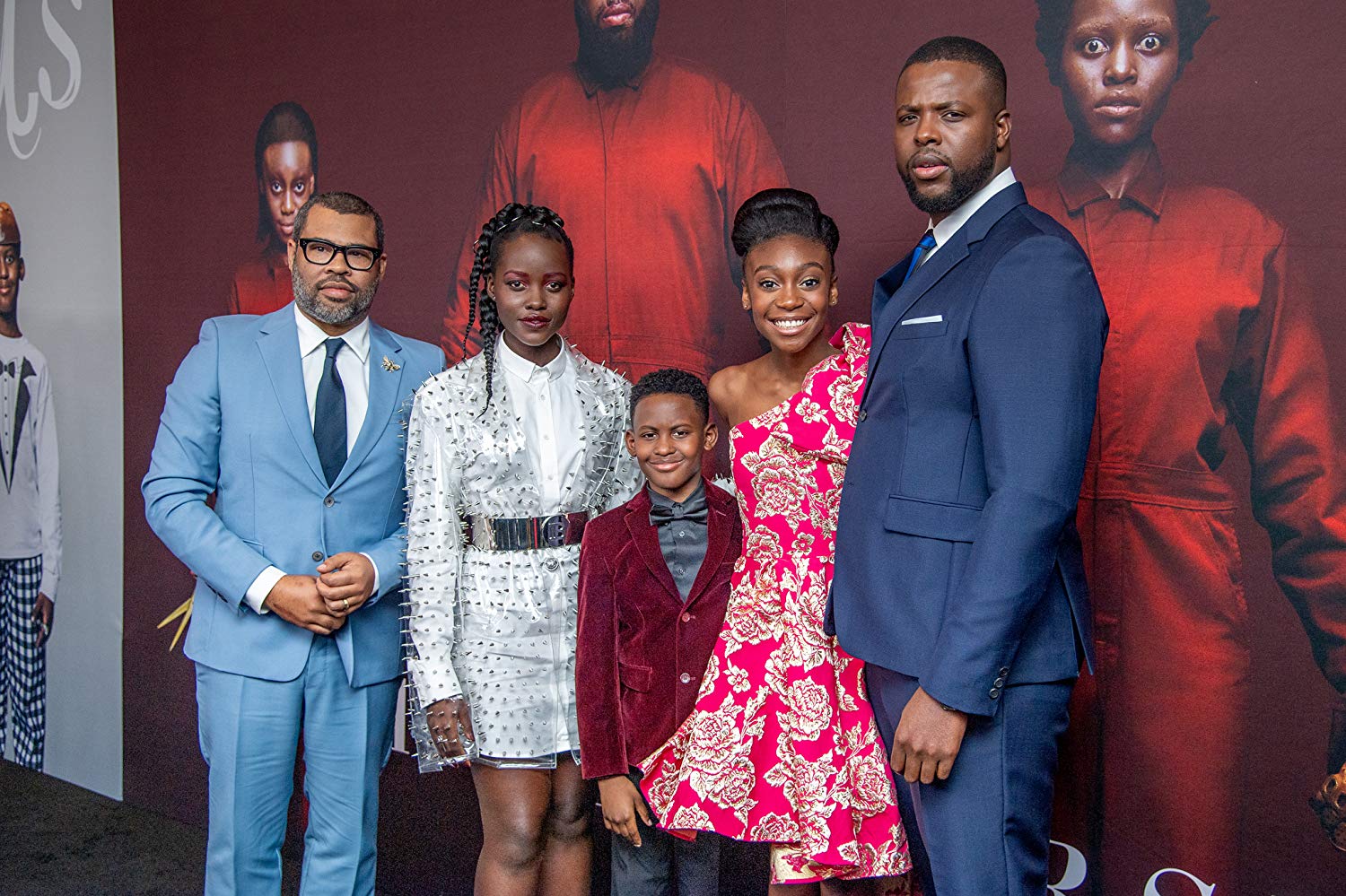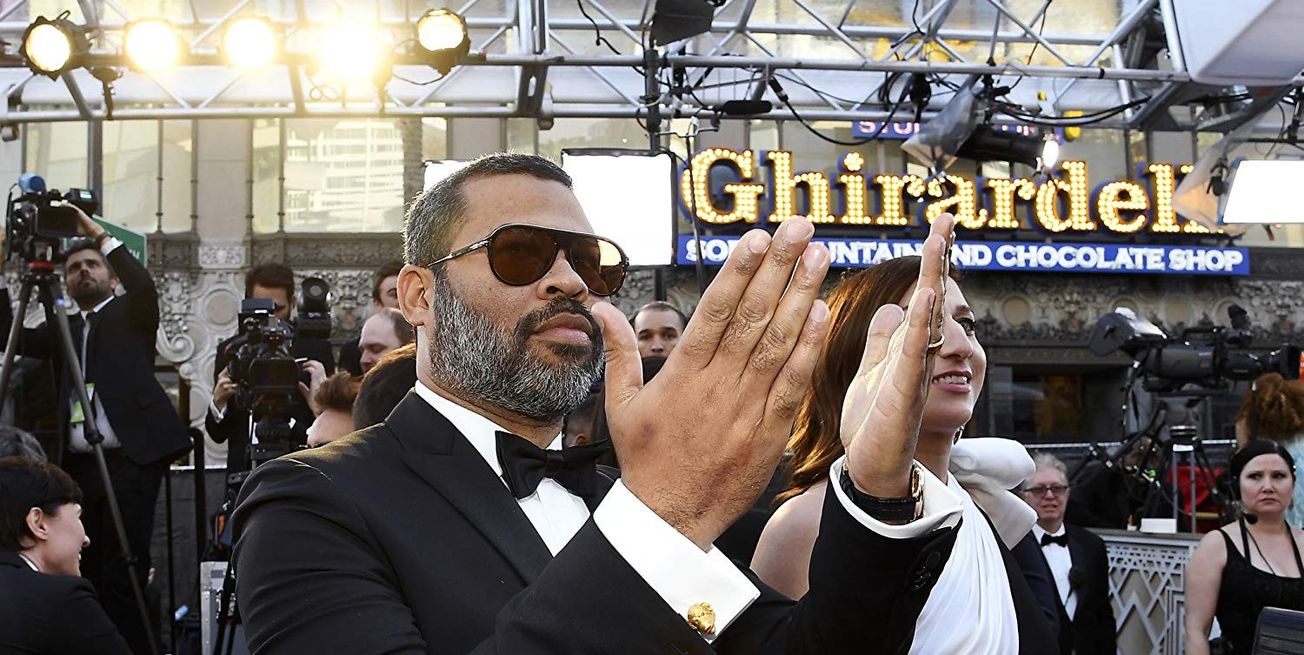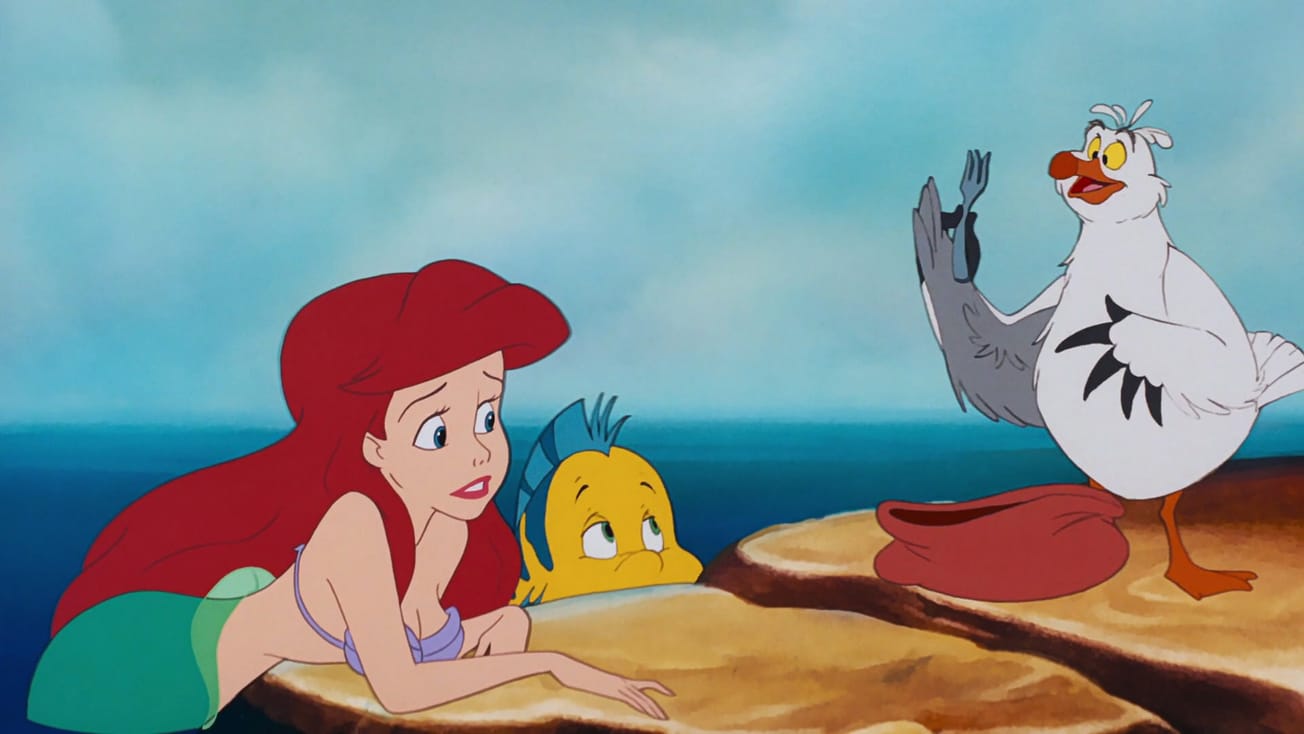By Louie Bell, Film and TV Deputy Editor
Jordan Peele's use of cinema as a form of social commentary has earned him a place amongst some of the most influential filmmakers of recent years. So - what is it that Peele has, which others lack?
Following my selection of Jordan Peele’s Us (2019) as my Editor’s Pick for Issue 341, I did some reading on the impact of his breakout film Get Out (2017). What almost all of the critical responses touched on was the social aspect of the horror that Peele had tapped into. Dubbed a ‘social thriller’, Peele defined his innovative genre as hoping to 'deal with this human monster, this societal monster. And the villain is us.'
This represents an important move in modern cinema, where recently where debates have recently raged over whether the role of cinema is to challenge conceptions and provoke discussion or whether it should simply entertain. Peele, in his genre-defying debut, proved it’s possible to do both, and to do so within the setting of the US’s racial strife.

In a cinematic world not afraid to delve into some of the most moving and emotionally shocking studies - the depiction of slavery in 12 Years a Slave (2013), and racism in If Beale Street Could Talk (2019), for example - why did Get Out punch a such a determined hole in the social consciousness? The answer, I would argue, is in its subtlety.
Peele defined his innovative genre as hoping to 'deal with this human monster, this societal monster. And the villain is us.'
The garden party scene is a masterclass not only in suspense, but in the reworking of horror tropes into a terrifying matrix of creepiness and unease. Peele’s dialogue serves to isolate Chris (Daniel Kaluuya), the African-American boyfriend of Rose (Allison Williams), a wealthy white woman.
With such knuckle-clenching, cringeworthy and ultimately infuriating comments from the white attendees at the party as: 'fair skin has been in favour for years, but now the pendulum has swung back – black is in fashion!', the film highlights a liberal racism barely explored in cinema until now.
14 Best Picture Wins. 243 Best Picture Lists. #StayWoke #GetOut pic.twitter.com/LLNfVHTt9r
— Get Out (@GetOutMovie) January 10, 2018
Get Out captured a disenfranchisement with liberal America that not only rang true for African-Americans, but also the wealthy elite: many of whom masquerade as proponents of social justice - only to react with unease when actually confronted with it.
The notion that a film about black America has no right to a ‘deeper meaning’ is clearly misguided and frankly racist in its ignorance
Perhaps this is captured best by an anonymous Oscar voter’s response to the film as ‘an entertaining little horror movie that made quite a bit of money’ and lambasted it for ‘trying to suggest it had deeper meaning than it does, and, as far as I’m concerned, they played the race card, and that really turned me off.’

We can scoff at such incompetence in a supposed member of the Academy, but we might also pick apart this response to try and get at why it eerily mirrors the very motifs of the film it criticises. The notion that a film about black America has no right to a ‘deeper meaning’ is clearly misguided and frankly racist in its ignorance.
If Get Out was a genre-subverting warning shot to the horror fans of the world, then I would argue that Us took Peele’s social thriller to the next level. Following an African-American family as they are stalked by doppelgangers of themselves, for me it broadened the reach of its social commentary without a fall in poignancy or intensity.
Us was Peele’s response to a deeply divided America, the title itself perhaps reading as ‘U.S.’ - a country in dire need of self-reflection. The themes of division, jealousy and the shadows hiding behind us all shine through viaPeele’s consistently scary and disarmingly funny script.
If there ever was a time that the world needed a wake-up call to stare ourselves in the face and finally point out the flaws in the hegemonic power structures that have dominated cinema for decades, then Jordan Peele has been the one to light the torch for change.
Reflecting on his work this month is important, but I for one will always be looking forward to what he’s going to hit us with next.
This article is part of Epigram Film & TV’s Black History Month coverage. Over the course of the month, we will be featuring stories of pioneering black figures in cinema and highlighting some must-watch pieces of black cinema.
Featured: Getty Images / Kevork Djansezian
Are you a fan of Peele's social commentary, or do you think it lies too much in the realm of fiction?








